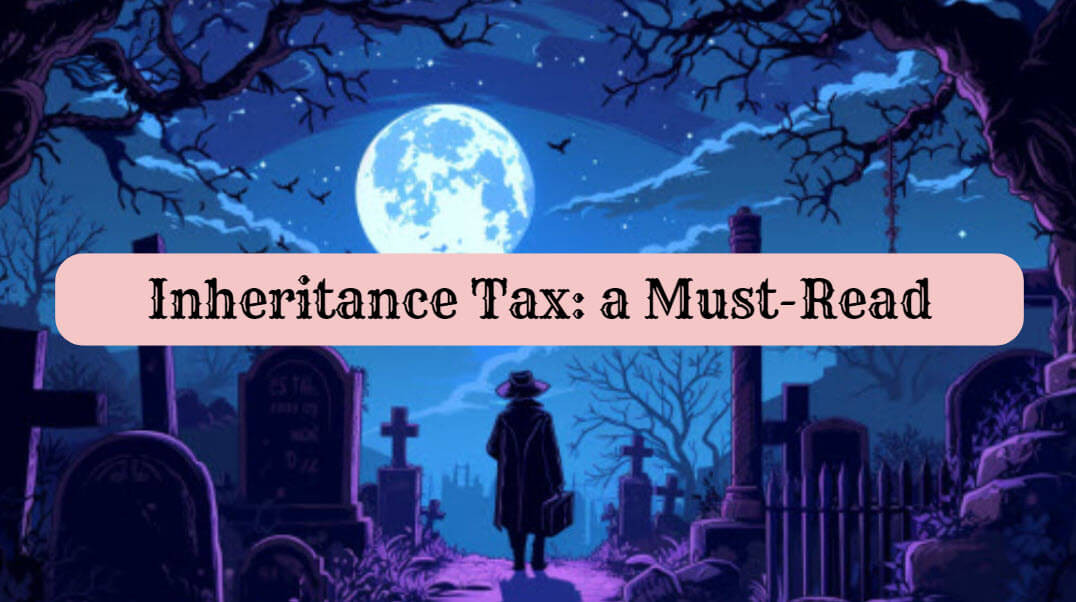Introduction
If you would prefer to listen to this article, here is the recording:
Table of Contents
Hello, this is your inheritance tax quick briefing. I’m Martin Lewis from moneysavingexpert.com. This tax is in the news a lot at the moment, and there is much discussion of it being cut or even abolished. So, I’ve got five simple key things to know that should help explain to you exactly how it works.
As this is a tax, there are so many misunderstandings about it, but before I even get to those, let me make one point plain: most people, when they die, their estates will not pay this tax. Only 4% of estates did, meaning 96% didn’t. This primarily affects the most affluent households. So, let’s get on to those simple five rules. Number one: anything you leave to your married or civil partner is exempt.
If you leave things to your husband or wife, there is no inheritance tax to pay.
Now, that definition is strict: married partner or civil partner, not someone you’re cohabiting with, even if you’ve lived together for 20 years and have 184 kids. You do not get the exemption. So, within the financial system, one of the big benefits of marriage is this inheritance tax exemption. One way to avoid inheritance tax is to get married.
I’m not suggesting you do, just saying that’s how the system works.
You do not pay the tax on the first £325,000 you leave to other people.
So, if your assets are worth less than £325,000 in total, there’s no inheritance tax to pay. Number three: that £325,000 is boosted to £500,000 if you leave your main residence, the home you live in primarily, to your offspring. So, that’s your biological, foster, step, or adopted children and grandchildren.
However, you don’t get that boost if your estate is worth over £2 million. This is only for estates under £2 million. The £325,000 goes up to £500,000. Next: this is a really important one to understand. It’s not just that you can leave anything to your married partner or civil partner and it’s exempt.
You can also leave them any of your unused inheritance tax allowance.
So, let me give a really simple example for you. You leave everything to your wife, and she is going to leave everything to your offspring, your collective offspring. So, she has a £500,000 allowance because she’s leaving the main house. She also gets your £500,000 allowance.
So, in total, she can now leave a million pounds of assets without paying inheritance tax on it. That is a very large amount, which covers what the vast majority of households in the UK are worth. Hence, why very few pay inheritance tax. Of course, if you’re not married, you don’t get to pass your unused allowance on. Number five: if you’re one of those 4-7% who may well be eligible to pay inheritance tax, there are things you can do within the system to reduce it.
These are allowances that you’re allowed.
Now, the first thing to say is if you give someone a gift and it’s from your annual income, so money that you can afford to give from what you earn each year, then that would not be eligible for inheritance tax. There are also a range of different allowances that you can give people, and as long as you live 7 years after you give somebody anything, it’s not subject to inheritance tax. If you die before 7 years, then it can be subject to inheritance tax if it’s over the allowance. But go and do some more reading on that.
I have kept it simple
The final thing to say is if you’ve gone through all of those and your estate is still so big that you are going to be charged inheritance tax, the rate is 40%, the same rate as the higher rate of income tax for taxpayers. I hope this clears up any of those inheritance tax questions you may have had. If it doesn’t, there’s a much more detailed guide available on The Money Saving Expert
If you require any help with this article, please Contact Us (we are not experts on tax!)

















